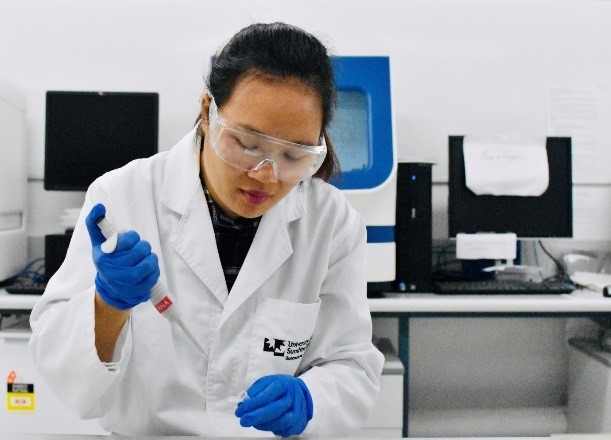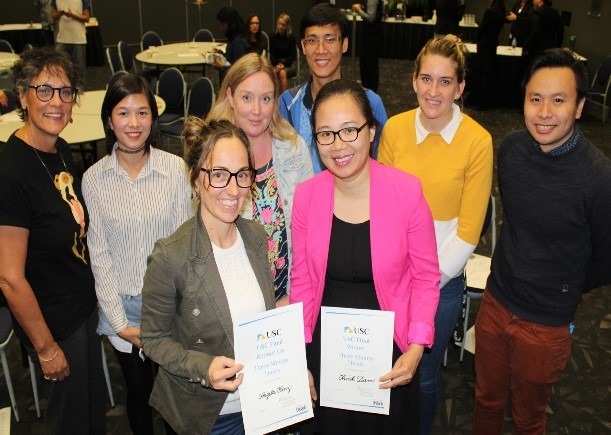

Investigating plant-based diets for Yellowtail Kingfish, TropAg
November 4, 2019
The Crawford Fund’s Queensland Committee has again partnered with TropAg2019 to assist 10 young researchers from developing countries attend and present their science at this international conference which will be held in Brisbane from 11-13 November 2019. Successful candidates were chosen by a selection panel made up of representatives of The Crawford Fund and the TropAg2019 conference organisers, based on submitted abstracts of their research.
In the lead-up to the conference we will be publishing short blog posts written by the young researchers about their work. Here is the third blog.
By Chinh Dam, University of the Sunshine Coast


Yellowtail Kingfish is an economically marine aquaculture species in Australia due to their nutritional values for human consumer. In Kingfish farming, feed is the major input, accounting for about 50-60 per cent of costs. Among the most expensive, the use of traditional fishmeal in Kingfish industry resulted in a situation that is both ecologically and economically unsustainable. Thus, the investigation of alternative plant protein sources has been at the forefront of aqua-feed research over several decades. But do new plant–based fish feeds affect the nutrient digestibility and gut microbiota? The answer to this was investigated by Chinh Dam, researcher from Research Institute for Aquaculture No.1 (Vietnam), a PhD Student at Genecology Research Centre, University of the Sunshine Coast (Australia) supervised by Professor Abigail Elizur, Dr Tomer Ventura, Dr Mark Booth and Dr Igor Pirozzi.
In this study, Kingfish were randomly assigned to dietary treatments with increasing contents of plant ingredients. At the end of 4 week feeding trial, researchers collected samples from the faeces and gut tissue to analyse in the lab. Results showed that Kingfish can use “fishmeals” made from lupin, high-quality soy protein concentrate, faba beans and wheat without any negative impacts in digestibility and gut microbes. However, the Australian Kingfish need gluten-free diet because when they ate corn gluten meal, they were not able to digest it and it correlated with the reduction of microbial diversity in their gut.
The outcome of this research uses to formulate the better and sustainable diet to increase the production and profitability of Kingfish industry.
“I, Chinh Dam would like to express my gratitude to the Crawford fund for the scholarship of TropAg2019 conference and attendance. This scholarship will provide me a fantastic opportunity to share my research and get feedback from the audiences, learning from many other passionate and talented researchers”




